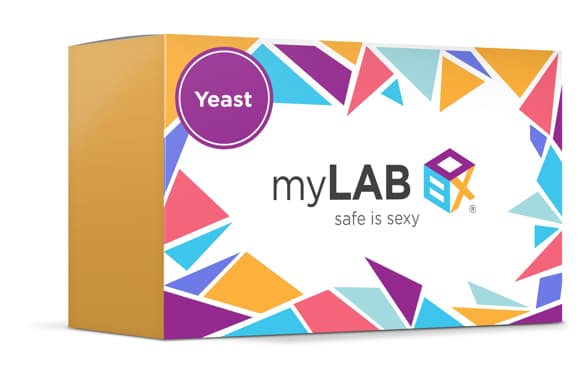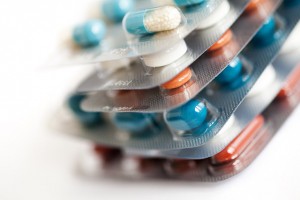Medications
Medications for Vaginal Yeast Infection: Vaginal Suppositories and Creams
In this article I’ll tell you everything you need to know about medications for vaginal yeast infection.
There are many kinds of medication for vaginal yeast infection available on the market. Your yeast infection will usually clear within a few days when treated with over the counter medications.
This type of medication is generally safe to use, but may occasionally trigger an allergic reaction. In that case, seek medical help immediately.
Have a look at the list of over the counter medication along with possible side effects:
- Clotrimazole (Gyne-Lotrimin, Canesten
) – in rare cases it may cause itching, redness, and swelling
- Tioconazole (Vagistat
) – it rarely gives side effects such as burning, itching, and swelling
- Fenticonazole (Gynoxin, Lomexin) – research shows that fenticonazole, clotrimazole, and miconazole are equally effective in treating vaginal yeast infection and produce minimum side effects
- Nystatin (Mycostatin) – used in cases of infections with other Candida species immune to azole treatments
- Terbinafine (Lamisil 1% Cream) – a 2013 study shows that Lamisil is more potent than clotrimazole in vaginal yeast infection treatment, it had a 76% cure rate compared to 37.5% by clotrimazole
- Oxiconazole (Oxistat)
- Read More: Is Canesten an Antifungal Cream?
There are also prescription treatments available, they are more potent than over the counter medicines and can cause severe side effects. If you experience any, seek medical help immediately. The prescription treatments for vaginal yeast infection include:
- Ketaconazole (Nizoral) – it’s a potent antifungal, but it can produce some serious side effects, such as hepatotoxicity
- Terconazole (Terazol) – it may cause headaches, increased vaginal itching and pain, and cramps

- Butoconazole (Gynazole, Mycelex) – it may cause increased vaginal itching or pain, as well as mild abdominal cramps
- Dequalinium Chloride (Fluomizin) – it’s used for both bacterial vaginosis and vaginal yeast infections, but ironically one of its side effects is a vaginal yeast infection.
The medications are available in three different forms: creams, pessaries/suppositories or tampons. Treatment typically takes up to seven days. Many doctors recommend using probiotic vaginal suppositories along with antifungal suppositories overnight to help rebuild the bacterial flora in the vagina and enhance recovery.
Remember that most medications for vaginal yeast infection break latex, so you should use extra caution when using them. Also, they may cause adverse effects, such as allergies, so always read the instructions and consult your doctor before starting treatment.
Order Your Vaginal Health Test Today

![]() Order online & test at home
Order online & test at home
![]() Collect & mail in your sample in 5 minutes
Collect & mail in your sample in 5 minutes
![]() Get lab-certified results on the go
Get lab-certified results on the go
Order Your Vaginal Health Test Today
Oral Medications for Vaginal Yeast Infection
Oral medications for vaginal yeast infection may be used along vaginal treatment. Some of them may cause serious side effects, so if you experience any, make sure you go to see a doctor. The most common ones are:
- Fluconazole (Diflucan) – it rarely gives side effects, but seek medical help immediately if you experience vomiting, diarrhea, dizziness or fast heartbeat.

- Itraconazole (Sporanox) – adverse reactions include heart failure, pancreatitis and hepatotoxicity.
- Pasaconazole (Noxafil) – it can give serious side effects such as blurred vision, difficulty breathing, irregular heartbeat. They need immediate medical attention.
- Voriconazole (VFEND) – side effects include distorted vision, especially at night and a rash.
- Flucytosine – it’s used in severe Candida infections, resistant to azole medication.
Male yeast infection treatment
Occasionally, male partners of women suffering from vaginal yeast infection develop inflammation of the head of the penis called candidal balanitis.
In that case, they have to use an antifungal cream, usually containing clotrimazole (Gyne-Lotrimin, Canesten) twice a day for 7 days, along with one capsule of Fluconazole containing medication (Diflucan).
Men can be diagnosed and treated by a urologist or their female sexual partner’s gynecologist. It’s generally believed that sexual partners can infect each other with Candida, however, there is a lot of research that suggests otherwise.

